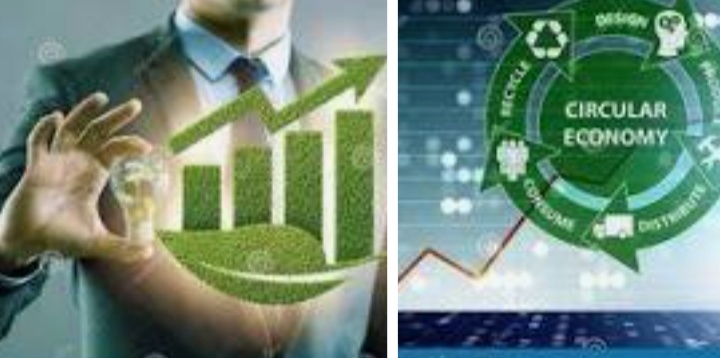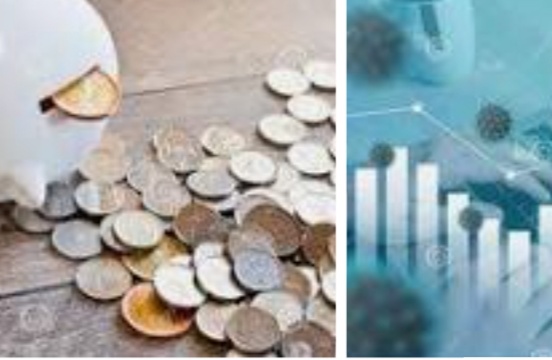Inequality
Mind the Gap
Dr Santosh Kumar Mohapatra
The global inequality report of World Inequality Lab says that inequality today in India is higher than that of British Raj. But , the government and its entire machinery, officials including Chief Economic Advisor are trying to deny that India still breathes an oppressive atmosphere of economic inequality. Far from pushing for social and economic equality, the state is sniffing systems and principles to strengthen the divide. In an article titled “Let us not mind the gap” , Bibek Debroy and Aditya Sinha tried to defend inequality by stating that inequality should not be a concern if it coincides with improvement in lives and livelihoods.

Probably, they have forgotten to mention that the need for providing food assistance to around 81.3 crore people portrays the gravity of the situation in the country. Why Billionaires ‘ wealth is increasing 7 times more than GDP growth. Simply, lower tax, tax evasion, lower real loan interest rate, manipulation of stock market etc.
There should be rewards for efficiency, talent, ability and capability. But today people amass wealth by unfair means, pro-rich policies of the government and manipulation of the market.
Studies have shown that growing levels of inequality can trigger social upheaval and can impede equitable distribution of benefits of economic growth. Inequality creates grievance and heart burning among people who are victims of an unequal system.
We should not forget Ambedkar’s premonitions. As prophetically warned by Ambedkar in a historic speech on November 25, 1949, if we ignore the peril of increasing inequality in Indian society, then “those who suffer from inequality will blow up the structure of political democracy which (we have) …so laboriously built up”.
In just three years, we have experienced a global pandemic, war, a cost-of-living crisis and climate breakdown. Each crisis has widened the gulf — not so much between the rich and people living in poverty, but between an oligarchic few and the vast majority.
According to Oxfam ( January 2024) , corporations are driving inequality through squeezing workers, for example, dodging taxes — corporations aren’t paying the rates that smaller businesses are, that ordinary folks are. Corporate windfall profits soared during the cost-of-living crisis.
Inequality has a “female face “too. In India, the unpaid work done by women looking after their homes and children is worth 3.1 percent of the country’s GDP. Women spend 312 minutes per day in urban areas and 291 minutes per day in rural areas on such unpaid care work, it added. In comparison, men spend only 29 minutes in urban areas and 32 minutes in rural areas on unpaid care work. Unpaid work done by women across the globe amounts to a staggering $10 trillion a year, which is 43 times the annual turnover of the world’s biggest company Apple, an Oxfam study in January 2019 said.
Inequality denialism is, of course, not exclusive to India. Ominously, however, this sort of gratification from policymakers, leaders and intellectuals will only exacerbate India’s already bloating inequality crisis. Inequalities undermine the productivity and morale of people, and limit the number of people who could participate in the market and government activities. In much of the world, the accident of where a person is born continues to determine her life chances, education and wealth.
The worrying evidence of rapidly growing inequality between and within nations, which continue to block chances for billions of the world’s poor people to improve their life situations.
The unfairness of this unequal world is enhanced because the majority of the richest persons are born into their wealth. Children and grandchildren of the rich will largely replace their parents and grandparents in the steep economic ladder, as much as children and grandchildren of the poor will remain impoverished, regardless of their potential and hard work.
As Oxfam Executive Director Byanyima (2015) observes, “A child born to a rich family, even in the poorest countries, will go to the best school and will receive the highest quality care if they are sick. At the same time, poor families will see their children taken away from them, struck down by easily preventable diseases because they do not have the money to pay for treatment.”
Nobel-winning economist Joseph Stiglitz says the main problem is that money talks, gets to make all the rules. Inequality “creates a fertile field for populists,” he said. “It gives them an argument that they can make about the system being rigged.


